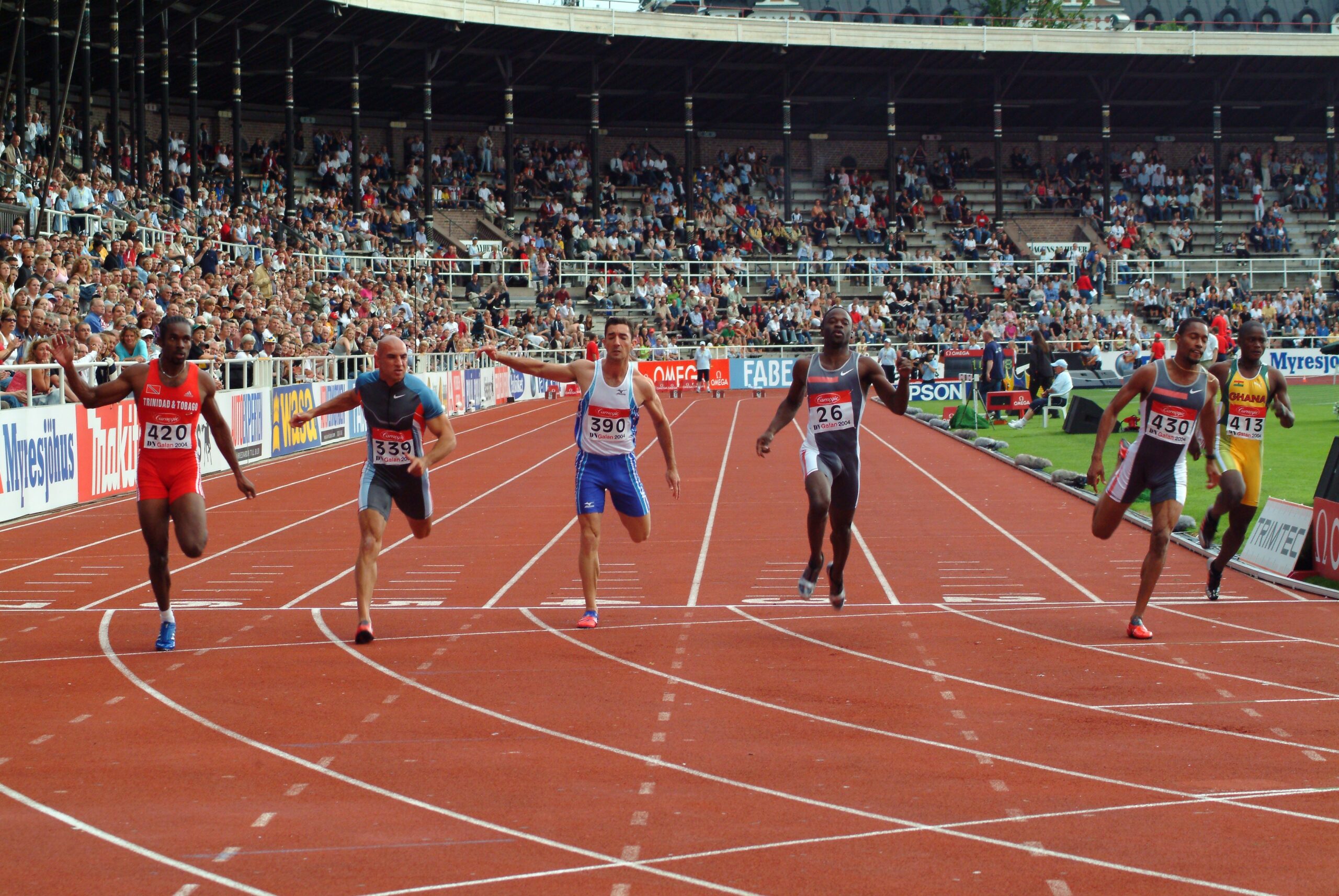Introduction:
Sporting Success: Strategies for Excelling in Competition and Life. Achieving success in sports is up to number. So behind them is the proper Sports can be novice or expert. Beginner competitors don’t get compensated for taking part in a game. Proficient competitors, then again, play for cash. Sports can likewise be coordinated or sloppy. Youngsters who get together for neighborhood football match-ups are playing sloppy games. No association controls their games. In coordinated sports competitors play for a school, a business, a club, a local area, or another association. The association plans games and upholds the standards of the game.
-
The Champion’s Mindset:
- At the core of sporting success lies a champion’s Nobody can say precisely when sports started. Since old times individuals have participated in footraces, wrestled, and chased after sport. Archeological proof demonstrates that ball games were normal among antiquated people groups in many regions of the planet. stepping stones toward greatness.
-
Skills for Success: Training, Technique, and Tactics:
- Mastery of fundamental skills is the cornerstone of athletic success, After antiquated times individuals kept on playing sports, however they were typically chaotic. Coordinated sports turned out to be more normal during the 1700s and 1800s. In Britain the game of cricket created under the administration of the Marylebone Cricket Club (established 1787). Paddling, quite possibly the earliest game to accept at least for now that its cutting edge structure, started to draw in a trailing behind the main boat race between the Colleges of Oxford and Cambridge (1829) and the introduction of the Henley Imperial Regatta (1839). The different adaptations of football played at tip top schools like Eton, Winchester, highest level of competition.
-
Teamwork and Leadership: Building Stronger Bonds, Achieving Greater Heights
- In team sports, success is not solely determined by individual talent Ball, developed in 1891 by James Naismith, and volleyball, imagined four years after the fact by William Morgan, are both quintessentially current games. Both were experimentally intended to satisfy an apparent requirement for indoor games during cruel New Britain winters. The advanced round of field football likewise arose in the US in the late nineteenth hundred years. Gotten from rugby, field football was at initial a university game. However proficient field football started during the 1890s, it didn’t turn into a significant game until after The Second Great War. well both on and off the field.
-
Resilience in the Face of Adversity: Bouncing Back Stronger Than Ever:
- Adversity is an inevitable part of sports and life, but it is how athletes respond to challenges that ultimately determines their success. Whether it’s recovering from injury, facing defeat on the field, or navigating personal hardships, Sporting Success: Strategies for Excelling in Competition and Life. resilient athletes draw upon their inner strength, determination, and support networks to overcome obstacles and emerge stronger than before. Athletes cultivate the resilience needed to thrive in the competitive world of sports and beyond.
Conclusion:
In “Sporting Success: Strategies for Excelling in Competition and Life,” The players on the field are the players who have had the picture of the game since adolescence and have just something single in their psyches that we have grown up with from the title side on and off the field. It is important to gather what is required for progress, in which they do everything they can for their entire being. Plays mindfully and a tenacious quest for development. With devotion, steadiness, and the right mentality, competitors can accomplish significance both in competition and in life.
Also Check: Digital Dynamics: Navigating the Evolving Landscape of Technology
Follow us: Facebook















